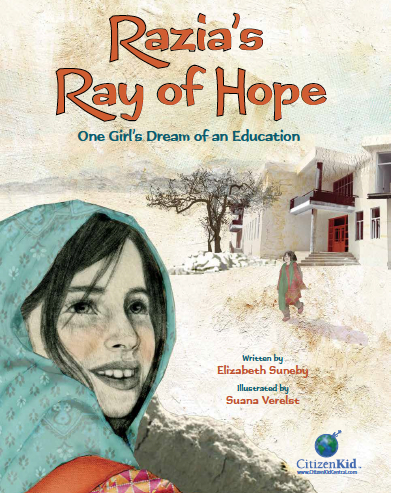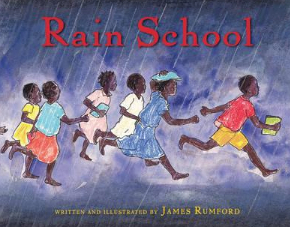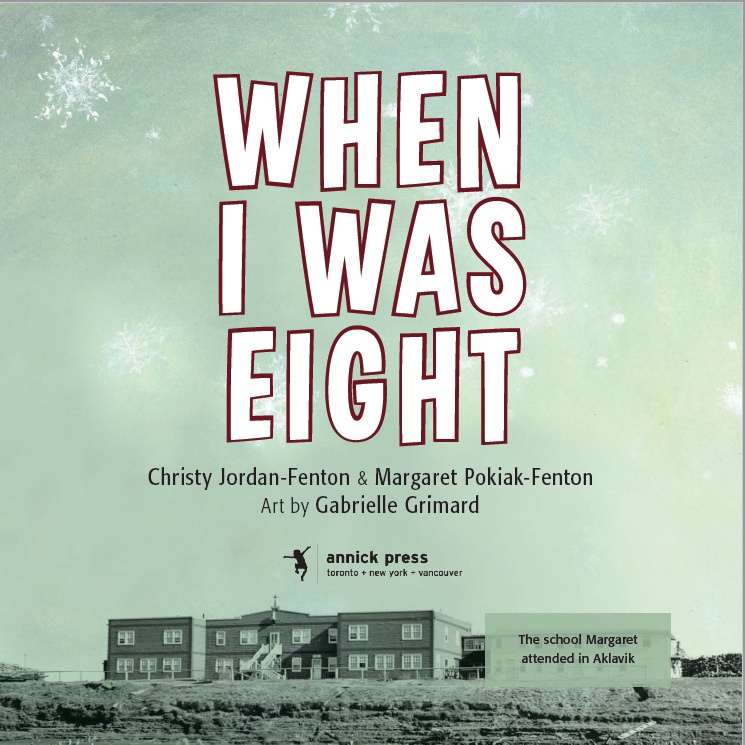 GOAL 4 – QUALITY EDUCATION
GOAL 4 – QUALITY EDUCATION
Many countries made great progress in providing quality education for their primary school chidren, in developing countries it has reached 91%. But there are still 57 million primary age children remaining out of school, mainly in Sub-Saharan Africa or in countries with ongoing conflicts. Poor education can be due to lack of trained teachers, poor conditions of schools without electricity and running water, dangerous commutes to school or a family’s lack of money to afford children’s education.
Education is also important to help us achieve many other Sustainable Development Goals (SDGs). How? Let’s look at some examples: When we get quality education we can more easily get ourselves out of poverty by finding a job that pays well. Education also helps to us to make better choices for our health, like eating more vegetables or drinking less sugary beverages. In countries where all children can go to school, boys and girls enjoy an equal place in society and the same rights.
Our new reading lists cover many of these topics and we hope the stories will inspire you to take action for all children to get quality education.
The SDG Book Club makes content available in the six official languages of the United Nations – please see our other pages for more recommendations in Arabic, Chinese, French, Russian and Spanish.
On the importance of reading

Razia’s Ray of Hope
Razia and her family live in a small village in Afghanistan where a new school for girl’s is being built. Razia is very excited about the chance to learn but it will take all her courage and confidence to convince her family they will gain much from her education as well. A hopeful story about one girl’s persistent fight for her right to education and a story that clearly shows how much contribution an educated person can bring to their communities.
Author: Elizabeth Suneby | Illustrator: Suana Verelst | ISBN: 978-1554538164 | Publisher: Kids Can Press

Rain School
Captures the excitement of children starting school for the first time and wondering what it will be like. In this particular setting in Chad, the children and the teachers create a temporary school building each year which lasts for the nine months between the long rains. The message is one of collaboration, problem solving and hope with enthusiastic valuing of an education at its core.
Author: James Rumford | Illustrator: James Rumford | ISBN: 978-0547243078 | Publisher: HMH Books for Young Readers

When I was Eight
Olemaun is eight and knows a lot of things. But she does not know how to read. Ignoring her father’s warnings, she travels far from her Arctic home to the outsiders’ school to learn. The nuns at the school call her Margaret. They cut off her long hair and force her to do menial chores, but she remains undaunted. Her tenacity draws the attention of a black-cloaked nun who tries to break her spirit at every turn. But the young girl is more determined than ever to learn how to read.
Author: Christy Jordan-Fenton and Margaret Pokiak-Fenton Jury| Illustrator: Gabrielle Grimard | ISBN: 978-1554514908 | Publisher: HMH Books for Young Readers
Reading is a great way to better understand what people from across the globe struggle with in their everyday lives, and it helps us reflect on our own situation. But reading is just the first step: now it’s time to share your book club experiences and how you plan to take action. Each month, we will feature a couple of book clubs on our blog, so get ready to share your story through social media, by using #SDGBookClub and tagging @UNPublications.
We encourage you to host book club meetings around the world and share your photos via hashtag #SDGBookClub. If you would like to organize a public book club meeting, we recommend contacting your local book store, library or school and set it up with them. Please share the planned event on social media using #SDGBookClub and we will add it to the list of events. Click the button below to download our tips to organize a successful event!
Help us spread the word by downloading our promotional materials. You will find a horizontal banner, bookmark, placard and easy-to-print sign-up sheet for your friends, family and community to join the SDG Book Club!
The International Publishers Association (IPA) is a federation of publishing associations from around the world. The main mandate of the IPA is to promote and defend copyright, support the freedom to publish, promote literacy and reading. IPA is an accredited NGO in consultative status with the Economic and Social Council of the UN. IPA supports the SDGs and works particularly closely with WIPO and UNESCO.
The International Federation of Library Associations and Institutions (IFLA) is the leading international body representing the interests of library and information services and their users. It is the global voice of the library and information profession. Founded in 1927 in Edinburgh, Scotland at an international conference, we celebrated our 90th birthday in 2017. We now have more than 1,300 Members in nearly 150 countries around the world. IFLA was registered in the Netherlands in 1971.
The International Board on Books for Young People (IBBY) is a non-profit organization that represents an international network of people from all over the world who are committed to bringing books and children together. Today IBBY comprises 79 National Sections worldwide.
The European & International Booksellers Federation (EIBF) represents national booksellers associations in the European Union and beyond. EIBF Members in turn have in membership booksellers of all kinds: brick and mortar bookshops, online bookshops, independents, chains.
The Bologna Children’s Book Fair (BCBF) is the most important international trade fair of the children’s publishing industry. With over 50 years of experience, BCBF has succeeded in bringing together a unique and diverse global audience: the result is the world’s premium copyright business hub when it comes to publishing with an extra core that extends to all multi-media content for children.



